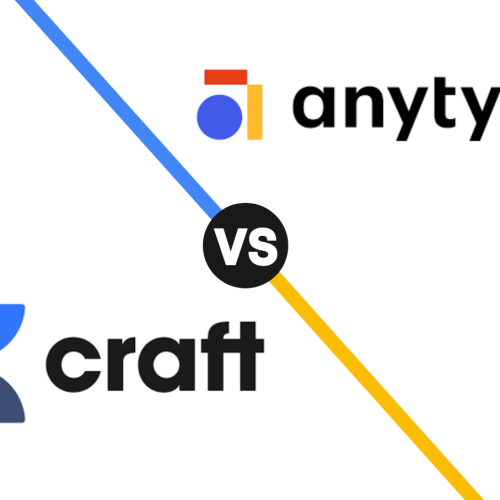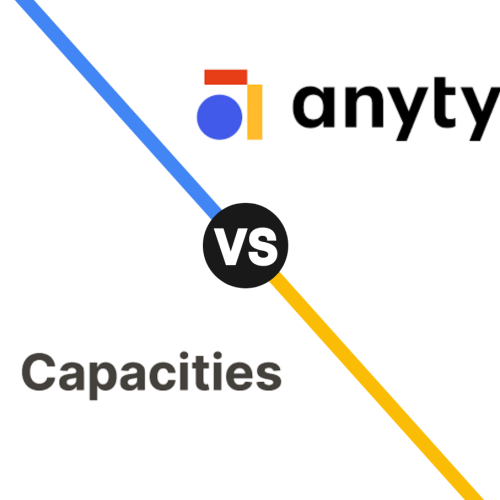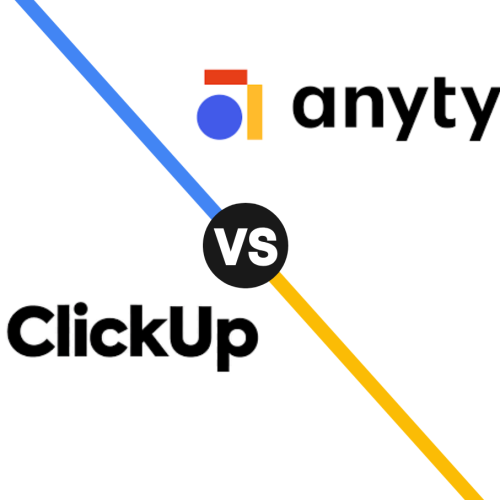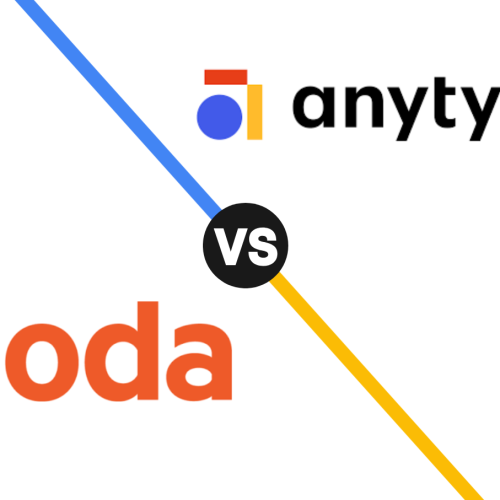Choosing the right online community platform is crucial for creators and businesses today. The right tool not only brings people together but also helps you build a loyal audience, share valuable content, and create a powerful brand. This decision will directly impact how your community grows and thrives.
This article will break down two of the most popular platforms, Circle vs Skool. We’ll examine their features, usability, and pricing. By the end, you’ll have a clear understanding of which platform is the best choice for building and managing your online community in 2026.
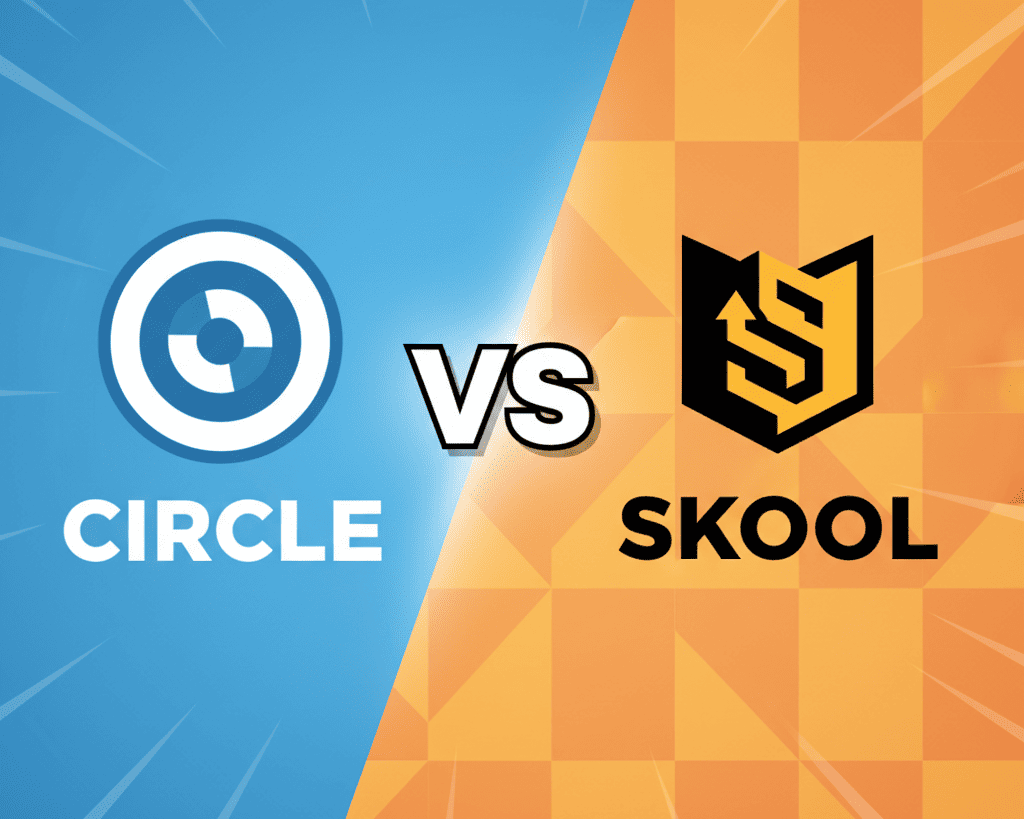
What is Circle?
Circle is an all-in-one community platform designed for creators and brands who want full control over their online space. It is known for its extensive features, deep customization, and ability to centralize a brand’s entire digital presence, from community to courses and payments.
The platform works by allowing you to create a completely branded online hub. Circle offers a wide range of tools for hosting discussions, live streams, and online courses. Its powerful integrations and workflow automations make it easy to connect with other tools and streamline your community’s operations.
What is Skool?
Skool is a community-first platform designed to be simple, clean, and highly engaging. It is best known for its user-friendly interface and its focus on gamification, which helps boost member participation and makes community engagement feel like a fun game.
The platform works by combining a simple community forum with a classroom, calendar, and a leaderboard. Skool’s core strength is its easy-to-use design and its built-in gamification system, which rewards members for their activity with points and levels. This helps to create a highly active and motivated community.
Conclusion: Circle vs Skool
The choice between Circle and Skool depends on your goals and brand vision. If you need a powerful, fully customizable platform that can grow with your business and consolidate all your offerings, Circle is the better choice. If you prefer a simple, community-first platform with built-in gamification to boost engagement and are comfortable with less customization, Skool is the ideal solution for your business in 2026.
FAQs
- What is the main difference between Circle and Skool?
Circle is an all-in-one, highly customizable platform for building a branded online hub with courses and live events. Skool is a simpler, more streamlined community platform focused on gamification and a clean user experience. - Which one is easier to use for beginners?
Skool is generally considered easier to use for beginners. Its simple, no-frills interface and core features make it very easy to get a community up and running quickly without a steep learning curve. - Can I sell online courses on both platforms?
Yes, both Circle and Skool have built-in course creation and hosting features. However, Circle offers a more robust course builder with features like drip content, and it allows for more advanced customization of your courses. - Does one platform have better branding options?
Circle offers extensive branding and customization options, allowing you to fully white-label your community and use a custom domain. Skool has very limited branding options, with most communities having a similar look and feel. - Which platform is better for gamification?
Skool is the leader in gamification, with its built-in leaderboard and leveling system designed to encourage member engagement. While Circle has gamification features, they are not as central to the user experience as they are on Skool. - Are there any built-in marketing tools?
Circle has a more comprehensive set of marketing tools, including an Email Hub for sending broadcasts and automated sequences. Skool offers a simple email broadcast tool that sends a post to all members with a single click. - How do they handle live events?
Circle has a native live-streaming feature built directly into the platform. Skool does not have native live streaming and requires you to use third-party tools like Zoom or YouTube Live to host live events. - Which is better for managing a large community?
Circle is better suited for large communities due to its advanced moderation tools, in-depth analytics, and organizational features like “Spaces” and “Space Groups.” Skool’s simple structure may become cluttered and difficult to manage as a community grows. - Can I use my own domain name?
Yes, Circle allows you to use a custom domain name to host your community. Skool does not support custom domains, as all communities are part of the larger Skool platform. - Is one platform more expensive than the other?
Skool is generally more affordable with a simple, flat-rate pricing model. Circle has tiered pricing, with higher-level plans offering more advanced features and customization, making it more expensive but also more scalable for larger businesses.


